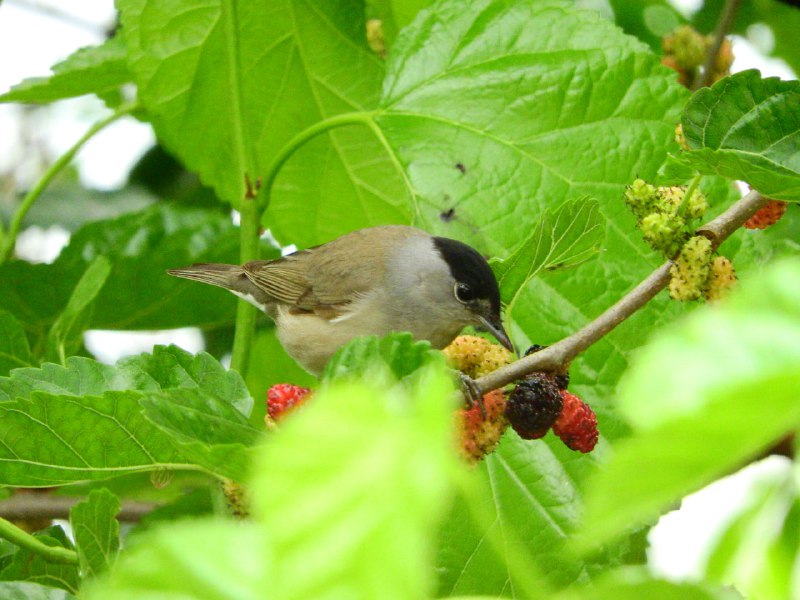Birds in Syria face several threats to their survival and biodiversity. One of the most pressing issues is the loss of natural habitats due to changes in land use and vegetation cover. Human activities, such as the conversion of agricultural and wild areas into urban or industrial lands, have drastically reduced the habitats on which birds rely for survival and reproduction.
Researcher and avian expert Maher Diop told Raseef 22 that poaching is another major threat to many bird species. Birds are intensively and illegally targeted, leading to a decline in their populations. Overexploitation of natural resources, such as water and forests, further disrupts the environments in which birds live. Pollution from emissions, effluents, and chemicals, as well as hydrological changes caused by human intervention in water systems and rivers, also disrupt the natural balance in these ecosystems.
Ihab Jabr, an environmental activist from the city of Salamiya in Hama Governorate, highlighted the severe impact of poaching on local species. He noted that the ibis, once a symbol of Syria’s biodiversity, became extinct locally after 2015, with no sightings recorded since. Jabr also pointed out that the Syrian serin faces a threat of extinction due to poaching, habitat loss, and pesticide use, which pollute its natural environment. A recent study by BirdLife International confirmed that the numbers of the Syrian serin have dropped to alarming levels due to factors such as drought, overgrazing, and logging, making it particularly endangered in Lebanon, Jordan, and Syria.
Environmental activist Yaman Ibrahim explained that declining bird populations in Syria not only result in the loss of the natural beauty of rural areas but also lead to serious environmental issues. For instance, the decline in natural predatory birds, such as songbirds, has caused agricultural pests, like snails, to proliferate unchecked. This has damaged tobacco crops in coastal areas. Additionally, the pine processionary caterpillar, a pest that infests pine trees and devours their leaves, has become an increasing problem in Syria due to the poaching of birds that once controlled its population. This pest has transformed into a local agricultural issue, causing significant damage to trees and posing health risks to humans through direct contact.
This article was translated and edited by The Syrian Observer. The Syrian Observer has not verified the content of this story. Responsibility for the information and views set out in this article lies entirely with the author.


